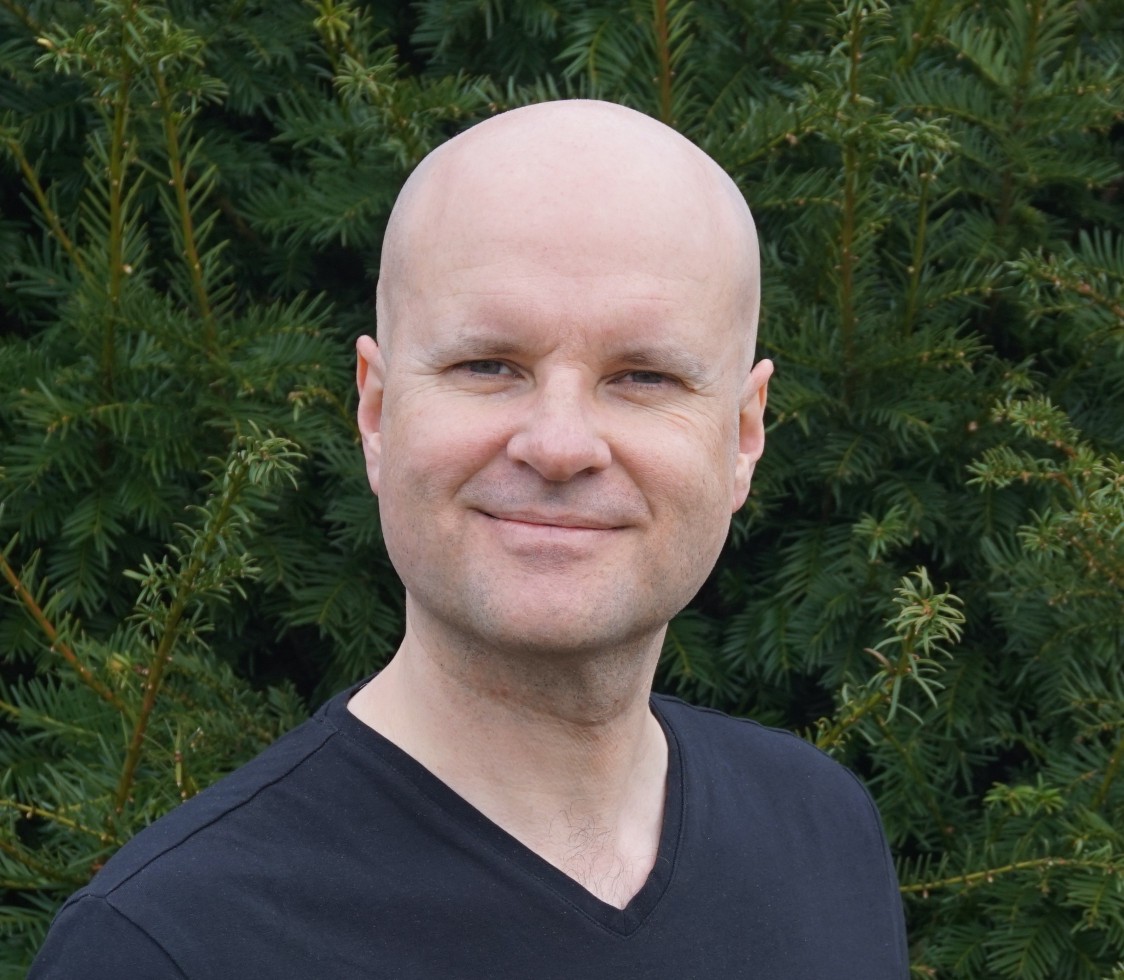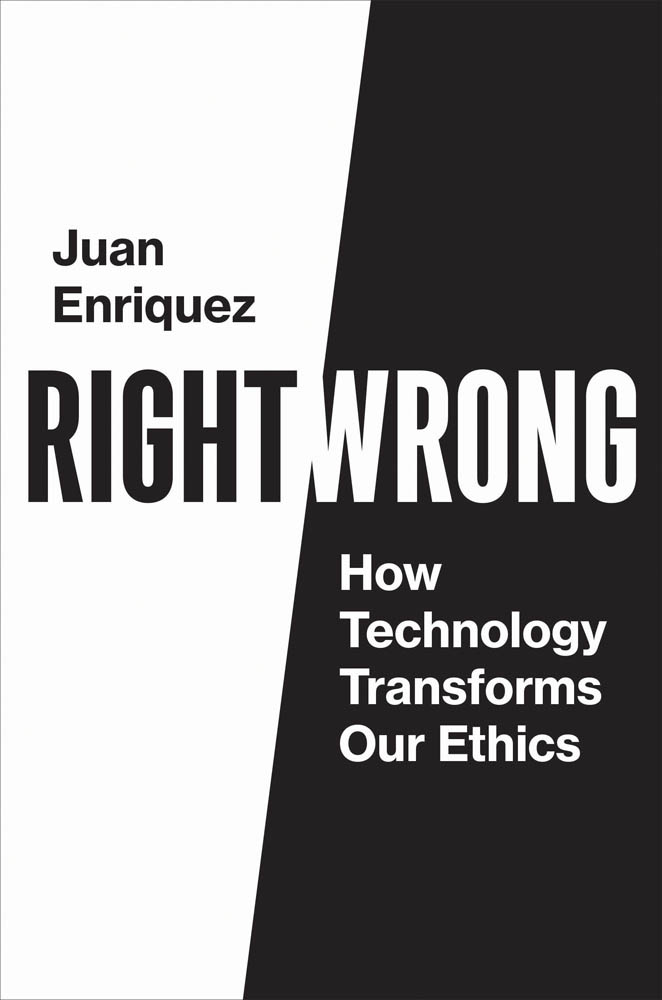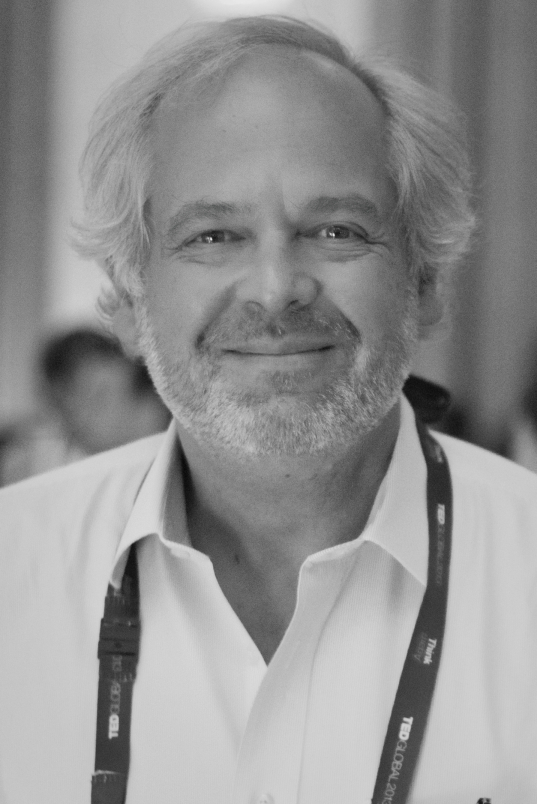Podcast: Play in new window | Download | Embed
Subscribe: RSS
Technology is the new religion, Silicon Valley – the new Promised Land, and entrepreneurs – the new prophets. They promise a future of abundance and immortality—a techno-heaven beyond our wildest dreams. And we are all believers.
We often forget technology is the how, not the why or what. It is a means to an end, not an end in itself. ‘Technology’ comes from two Greek words: ‘techne,’ meaning art, skill, or craft, and ‘logos,’ meaning word, discourse, or expression. Literally, technology means ‘discourse about the way things are achieved.’
Today, we have strayed from this original meaning, leading to a fundamental shift in perception. Technology is no longer a means to an end; it has become an end in itself.
People often say, “I am a big believer in technology,” as if it were a deity. This mindset blurs the line between using technology and worshipping it. I am a huge fan and user of technology, but I do not worship it. Worship leads to mindless slavery, and I want to master technology, not be enslaved by it. However, our civilization may already be on a different path.
In the past, actions were often justified as ‘God’s will.’ Today, we act because ‘technology wants it.’ The inevitability once attributed to divine will is now ascribed to technological progress. [Philip K. Dick wisely noted, “Just because something bears the aspect of the inevitable, one should not go along willingly with it.”]
Just as fulfillment in Christianity comes from following God, today we ‘follow’ technology. But in both cases, this can lead to enslavement. Are we masters, or merely tools of our tools? Are we fetishizing technological objects, creating personality cults around techno-prophets, and falling for new techno-religions? As Nassim Taleb remarked, “The difference between technology and slavery is that slaves are fully aware that they are not free.”
These are the questions I hope to raise, and I encourage you to ask them, too. Because the world is transformed by asking questions, and technology is not enough. The moment we stop questioning, we risk becoming slaves. As Arthur C. Clarke warned:
Before you become entranced with gorgeous gadgets and mesmerizing video displays, let me remind you that information is not knowledge, knowledge is not wisdom, and wisdom is not foresight. Each grows out of the other, and we need them all.
Technology excels at providing what we want but often falls short in giving us what we need. It can supply information and knowledge, but it struggles to provide wisdom. Technology helps us live easier, more comfortable, and longer lives, but it doesn’t tell us why we should live or what to do with our lives. Most importantly, technology does not make us happy—there is no app for happiness. If such an app ever existed, Nassim Taleb’s warning about the path to slavery would be even more relevant.
Intelligence can help us achieve our desires, but it is wisdom that guides us in determining what we should desire. Intelligence is valuable only when coupled with wisdom. Without the wisdom to discern what we should and should not want, possessing the intelligence to obtain it can lead to self-destruction.
The day humanity becomes the how and technology becomes the why or what is the day our freedom ends. The tool will have become the purpose, and the purpose will have become the tool. Therefore, it is crucial to maintain a clear perspective on our priorities and fight for them.
Originally, technology was merely a tool, a means to an end, never an end in itself. It is helpful as a crutch, but like all crutches, we can become dependent on it unless we develop our own strength. Technology can enable us just as much as it can disable us. The real danger is not that computers will become like humans but that humans will become like computers. As Gerd Leonhard wisely says, “Embrace technology but do not become it.”
Perhaps I am just a naive romantic, believing that technology is not enough and that ethics is the best operating system—now and in the future. Worrying that a society with infinite technological power but no ethical foundation is doomed. Because while technology may be the path to our salvation or destruction, it will not be the reason we end up there. That is why we must begin with the why; the how comes later.
In other words, we have to get our why before we get AI.

 I have noticed that almost every startup in almost every industry is claiming “a revolutionary AI or blockchain breakthrough.” [Often both.] More recently I’m flabbergasted to see a similar fad in the growing number of self-proclaimed Tech and AI ethicists. We apparently have an exponential proliferation of what someone called “ethics natives” such as angel investor ethicists, venture capital ethicists, startup ethicists, bitcoin ethicists, blockchain ethicists, unicorn ethicists, AI ethicists, design ethicists, IPO ethicists, etc.
I have noticed that almost every startup in almost every industry is claiming “a revolutionary AI or blockchain breakthrough.” [Often both.] More recently I’m flabbergasted to see a similar fad in the growing number of self-proclaimed Tech and AI ethicists. We apparently have an exponential proliferation of what someone called “ethics natives” such as angel investor ethicists, venture capital ethicists, startup ethicists, bitcoin ethicists, blockchain ethicists, unicorn ethicists, AI ethicists, design ethicists, IPO ethicists, etc. Dr.
Dr. 
 Juan Enriquez is a leading authority on the economic impact of life sciences and brain research on business and society as well as a respected business leader and entrepreneur. He was the founding Director of the Harvard Business School’s Life Sciences Project and is a research affiliate at MIT’s synthetic neurobiology lab. After HBS, Juan became an active angel investor, founding Biotechonomy Ventures. He then co-founded Excel Venture Management. Author and co-author of multiple bestsellers including As the Future Catches You: How Genomics Will Change Your Life, Work, Health, and Wealth (1999), The Untied States of America: Polarization, Fracturing and Our Future (2005), Evolving Ourselves: Redesigning Humanity One Gene at a Time (2015,) and
Juan Enriquez is a leading authority on the economic impact of life sciences and brain research on business and society as well as a respected business leader and entrepreneur. He was the founding Director of the Harvard Business School’s Life Sciences Project and is a research affiliate at MIT’s synthetic neurobiology lab. After HBS, Juan became an active angel investor, founding Biotechonomy Ventures. He then co-founded Excel Venture Management. Author and co-author of multiple bestsellers including As the Future Catches You: How Genomics Will Change Your Life, Work, Health, and Wealth (1999), The Untied States of America: Polarization, Fracturing and Our Future (2005), Evolving Ourselves: Redesigning Humanity One Gene at a Time (2015,) and 